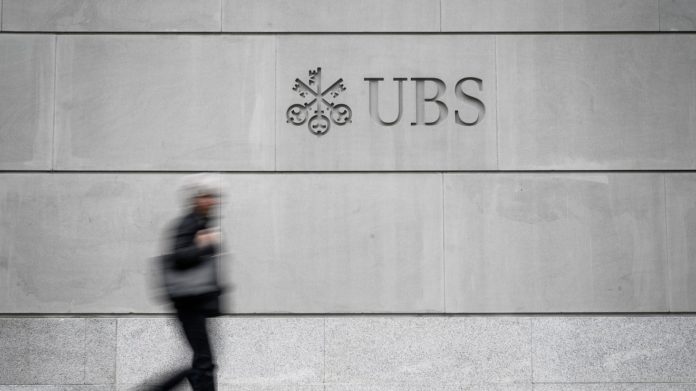The Federal Reserve could dip its toes in the market for sub-investment grade corporate bonds, or junk debt, according to credit analysts at UBS.
They argue the U.S. central bank is naturally reluctant to start opening up the users of its alphabet soup of emergency lending programs to indebted corporations rated below investment grade, due to worries about buying bonds from issuers which already had their fair share of financial issues before the COVID-19 pandemic and could therefore see a surge of defaults during the expected economic downturn.
See: Fed’s aid to battered corporate bond market creates ‘winners and losers’
But if the Fed does buy junk bonds, it would therefore target issuers rated BB which have the most resilient balance sheets, they said in a Tuesday note.
“We are skeptical Fed programs will make the stretch and address solvency risk. But BBs might be the exception,” UBS said.
It’s no surprise then that analysts at the Swiss bank are is favoring this sector.
Perhaps reflecting those hopes, a basket of BB-rated bonds tracked by ICE Data Services saw its average yield drop to 7.28% on Monday, from a peak of 8.92% on March 23.
Still, investors haven’t shown the junk bond market the same love as investment grade bonds which will enjoy the direct support of the Fed’s corporate debt liquidity facilities. Current yield levels for BB-rated bonds remain well above the highs seen in the 2015-2016 credit downturn when a slump in oil prices ravaged indebted energy companies in the shale patch.
UBS pointed out there is precedent for buying junk debt in Europe. The European Central Bank owns 4% of the sub-investment grade market in the eurozone.
They noted, however, the Fed would be wary of backstopping heavily indebted borrowers if only because it could be an expensive way to support employment. Compared to an investment-grade rated company, it could take three to five times as many funds for a sub-investment grade issuer to keep one worker on payroll, UBS said.
UBS’s note will add kindling to a heated debate over whether the central bank is right to leave the high-yield corporate issuers out of their emergency lending programs that are snapping up a whole host of assets including investment-grade bonds and very short-term commercial paper.
Read: Fed’s liquidity programs leaves $9 trillion of ‘orphan’ markets in the cold
On one hand, the Fed extending aid to the junk bond market could help support financial conditions, as well as prop up employment.
But others worry the central bank’s help to debt-saddled businesses may end up encouraging corporate executives to binge on cheap debt in the understanding that the Fed could backstop their bonds.
In markets, the S&P 500
SPX,
and Dow Jones Industrial Average
DJIA,
were on pace to gain 10% or more this week. The 10-year Treasury note yield
TMUBMUSD10Y,
was up 3 basis points to 0.764%, lifted by the optimistic tone in risk assets.
Source : MTV












